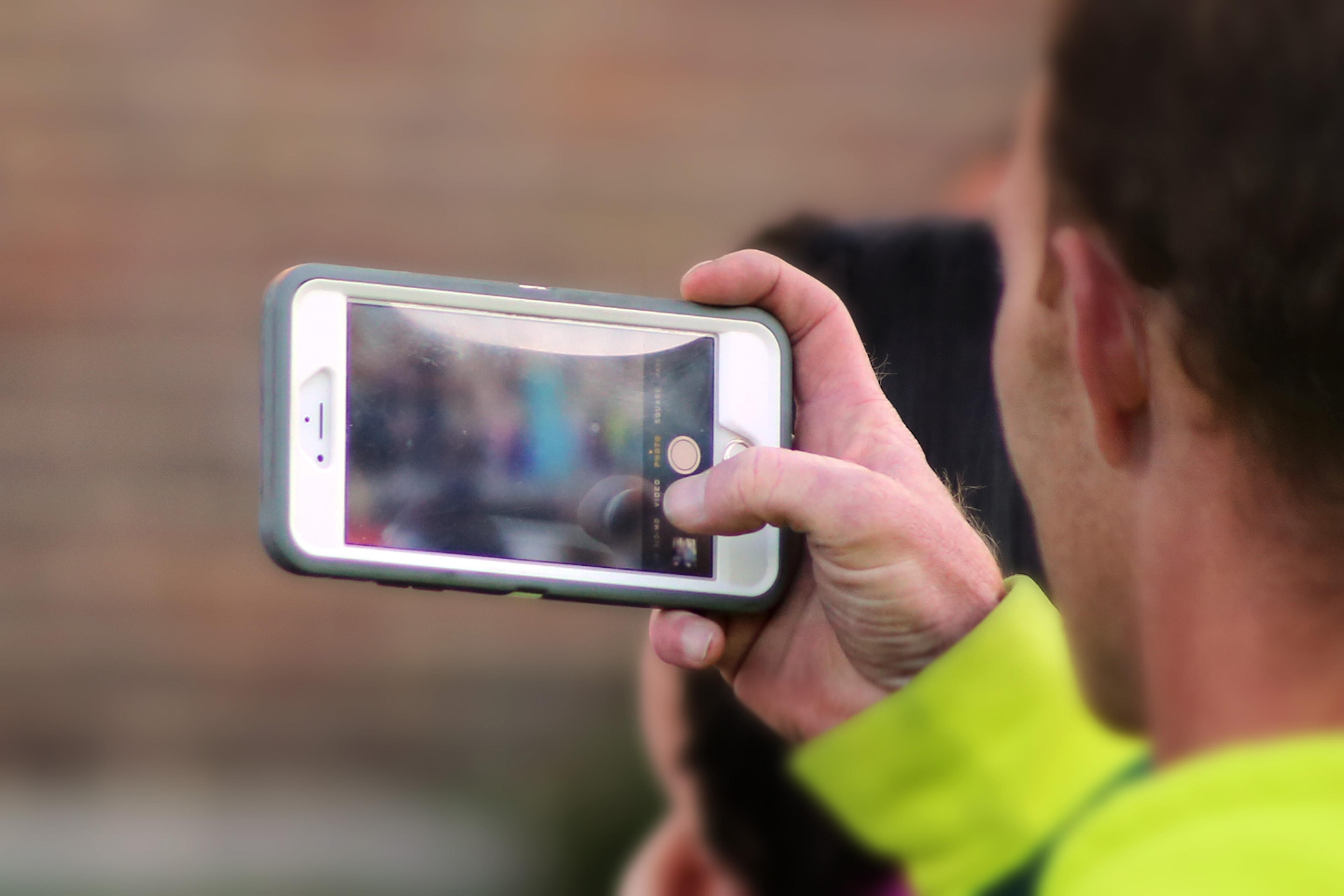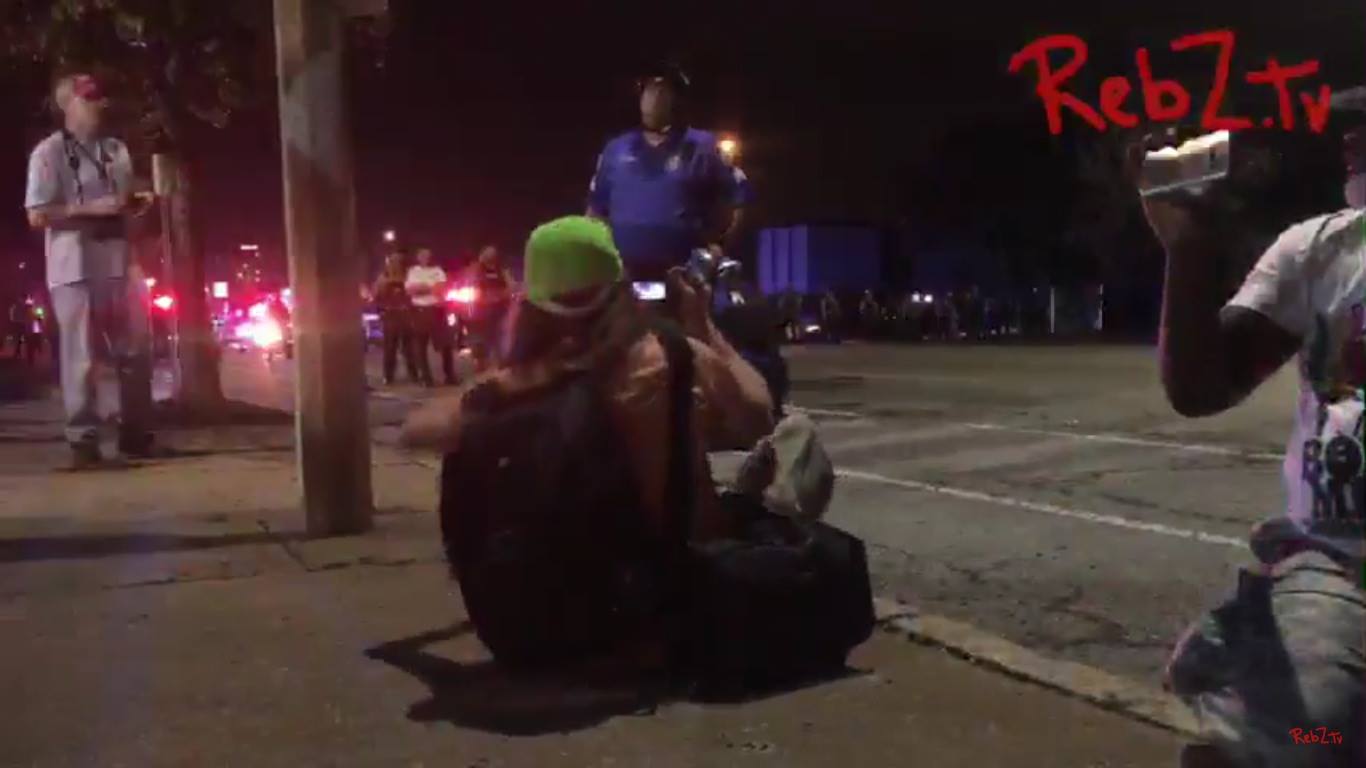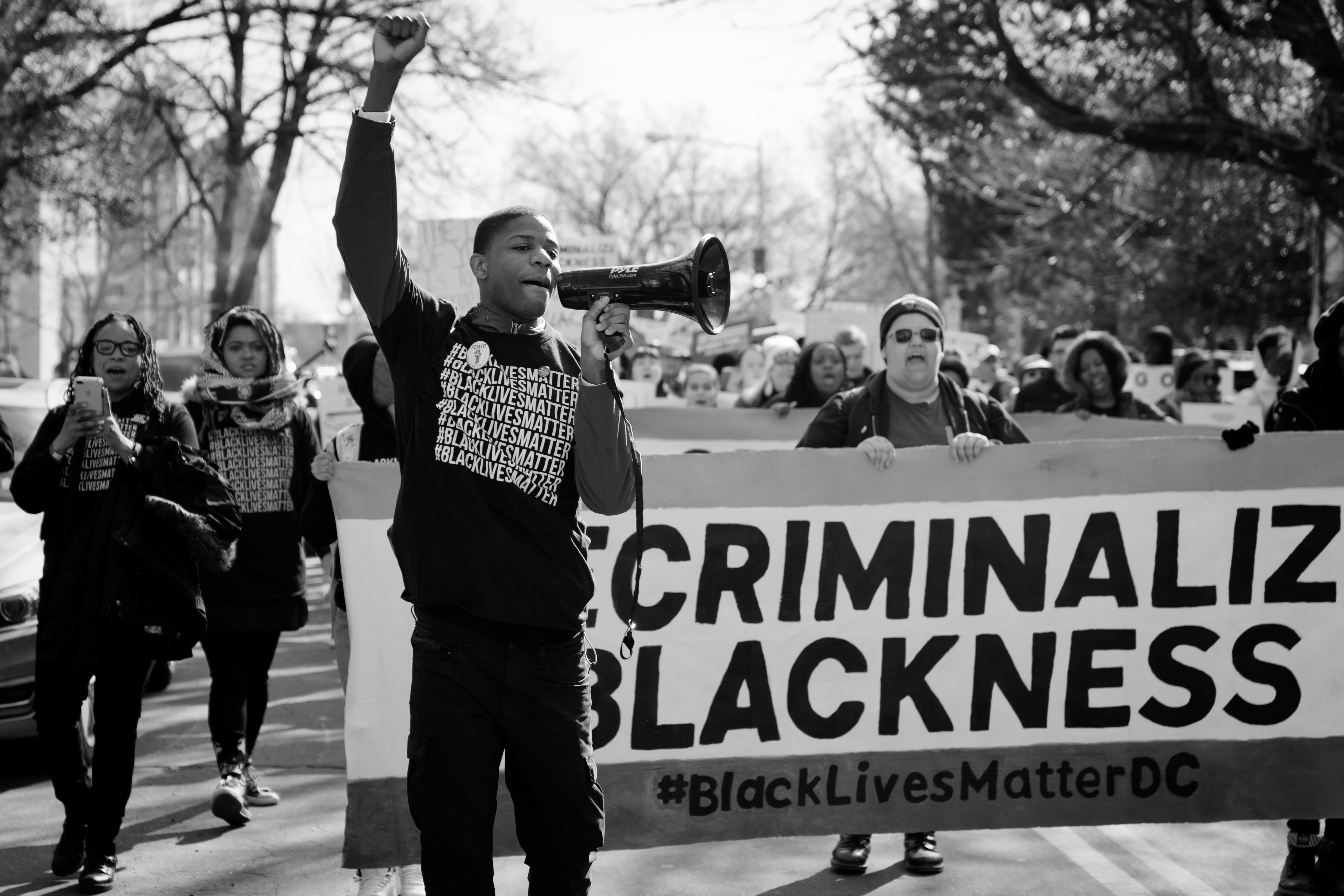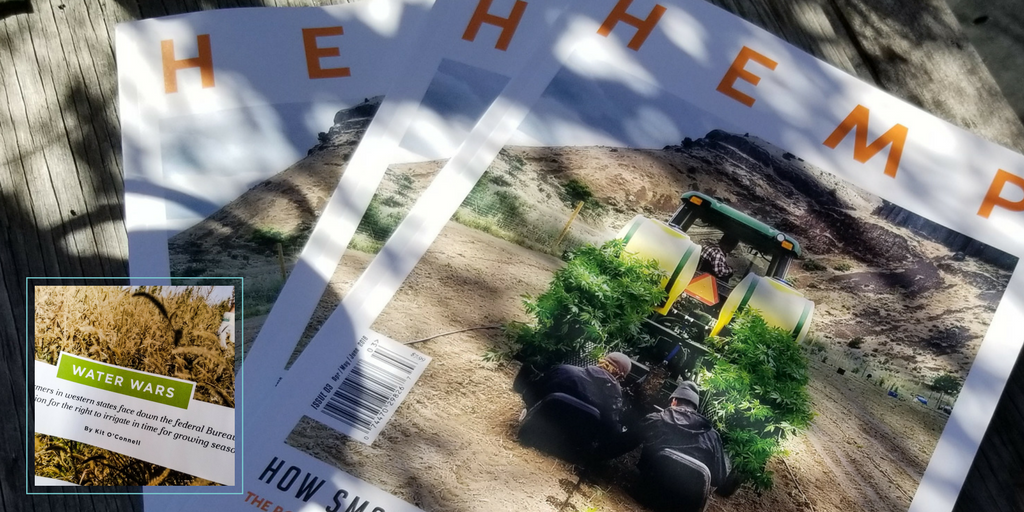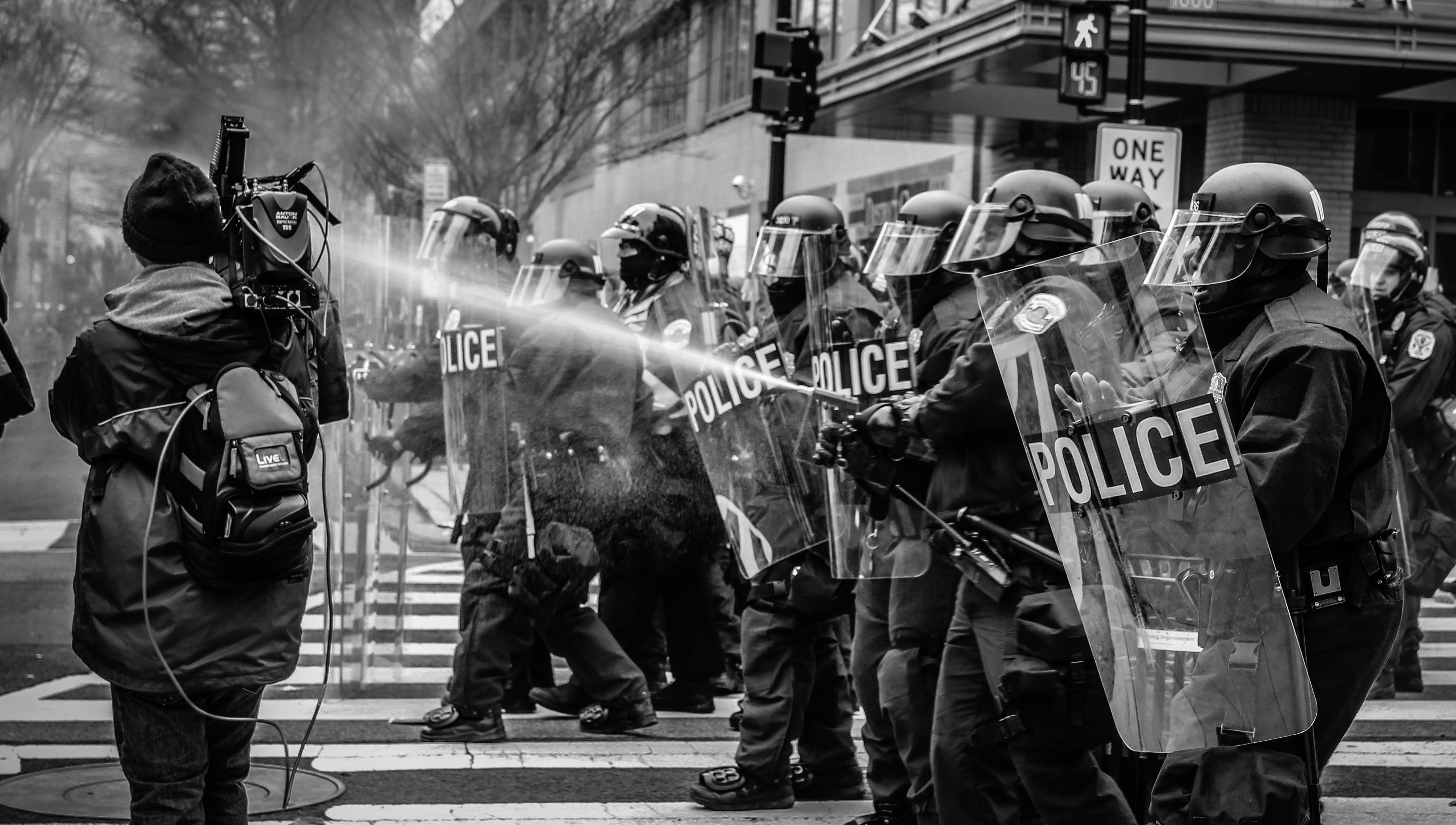It’s happened again. Fascist wannabe journalists attacked the most vulnerable, and as a result poor people will probably die.
Laura Loomer, a talking asshole fringed in blonde hair, is the latest to engage in a punch-down “sting operation” that’s targeted to hurt people with the most to lose.
In an investigative report that’s the talk of nazi rallies everywhere, Loomer went undercover in a refugee camp to expose the “shocking” fact that camp workers help refugees apply for aid in a way that minimizes.trauma and maximizes the likelihood that they’ll get help. Previously best known for spreading Islamophobic conspiracies about her Uber drivers, she’s now trying to graduate to the next level of far right pundit.

